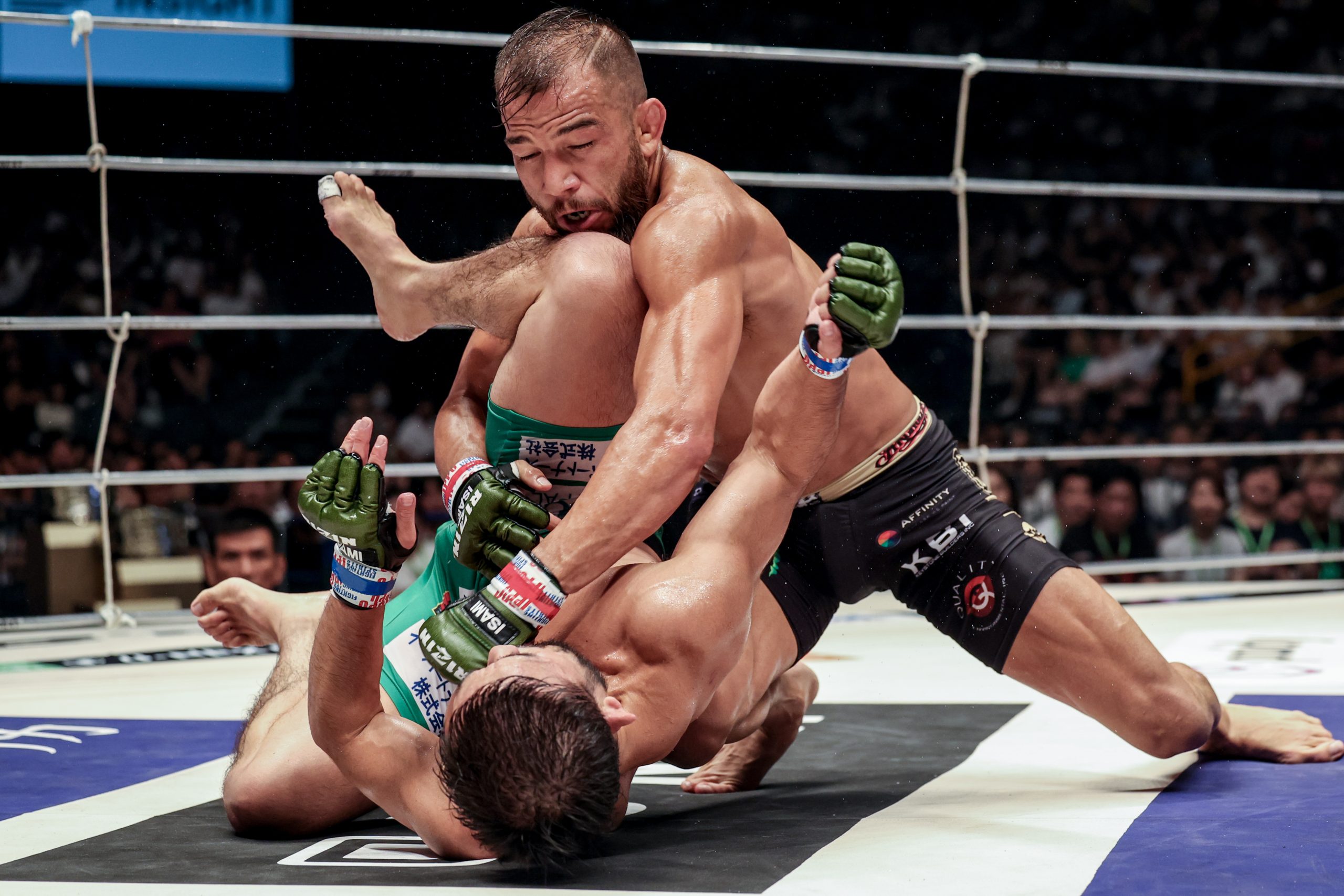Elevating Fighter Popularity Through Social Media
Research indicates that fan involvement greatly influences the popularity of MMA fighters and the attention surrounding their matches. The UFC has leveraged social media platforms like Twitter, Instagram, and Facebook to share updates, behind-the-scenes content, and real-time interactions with fans. This strategy increases brand awareness and loyalty, directly impacting event visibility. For instance, during UFC 285, Jon Jones’ return led to a record 1.62 million mentions on social media. This extensive online engagement plays a crucial role in boosting the visibility of both fighters and events.
Millennials form a substantial portion of the UFC’s fan base, with 40% identifying as fans of the sport. The UFC targets this demographic in its promotional efforts, contributing to its growing following. The social media activities curated around events and fighters engage this demographic effectively, enhancing both the fighters’ and the events’ profiles.
Financial Impacts of Fan Engagement
The financial effects of fan engagement in MMA are evident through several high-revenue events. UFC 229 generated $90 million in pay-per-view revenue, highlighting the economic benefits of fan involvement. The UFC creates an event-like atmosphere through activities such as weigh-ins, pre-fight gatherings, and post-fight press briefings, which enhances fan involvement.
Fan-focused activities like meet-and-greets and social media interactions cultivate a dedicated fan base and raise the profiles of the fighters involved. The UFC’s marketing efforts, which include partnerships with influencers and traditional advertising, are instrumental in reaching a wider audience. Direct interactions, such as fan meetups and live gatherings, reinforce fan connections and build anticipation for events. The UFC’s branding initiatives, including fan expos and the Octagon Nation Tour, offer fans opportunities to interact with fighters, deepening their connection to the sport.
The Influence of Sports Betting on Fan Engagement in MMA
The integration of sports betting into MMA has notably impacted fan engagement, amplifying emotional investment and viewership. Fans who place bets on MMA fights experience a heightened connection to the outcomes, leading to increased interest in both main and undercard bouts. This emotional investment is further intensified by the availability of online betting platforms like Caesars, which allow fans to make strategic wagers on various aspects of a fight, such as predicting the victor or the method of victory. The interactive nature of these platforms enhances the spectator experience, resulting in longer viewer retention.
Sports betting also fosters a sense of community among fans. Online platforms and social media channels offer spaces for discussing odds, sharing predictions, and celebrating victories, thereby creating a communal atmosphere around UFC events. This community-building aspect contributes to sustained engagement, as fans feel a deeper connection to both the sport and each other.
Additionally, sports betting has emerged as a significant revenue stream for the UFC. Partnerships with betting operators and the integration of betting markets into the event experience have financially benefited the organization, supporting its continued growth. The online sports betting market in the United States is projected to expand significantly, with a market volume expected to reach $23.80 billion by 2029. Within this market, betting types such as moneyline bets, prop bets, and over/under rounds bets have gained popularity, further fueling fan engagement and participation. The betting volume for UFC events has at times rivaled that of marquee events in other sports, underscoring the substantial impact of betting on the sport’s popularity and fan interaction.
Role of Sponsorships and Marketing Strategies
Sponsorships are vital for boosting fan engagement and fighter visibility. Brands that sponsor MMA events or fighters connect with the sport’s passionate and engaged audience, gaining exposure and building relationships with a younger demographic. Sponsorships also provide financial support to fighters, allowing them to focus on training and improving their performance, which can enhance their recognition.
The UFC’s marketing strategies further bolster fan engagement. Collaborations with influencers and traditional advertising help reach a broader audience. The UFC’s partnership with AdColony for UFC 243, where a mobile video campaign featured interactive elements, effectively drove fan interaction and event promotion.
The international scope of MMA events provides sponsors with unique opportunities to reach global audiences and increase their brand presence. Organizations like the UFC host fights worldwide, offering sponsors visibility on a global scale. This international reach, combined with fan-focused activities and social media interactions, maintains high levels of engagement and participation.
Audience Demographics and Engagement Patterns
The demographics of MMA fans play a key role in the sport’s growth and the attention given to matches. MMA has garnered a wide audience, particularly appealing to millennials and Gen Z, known for their active engagement. This group is especially receptive to brand messaging and more likely to support sponsors resonating with their values. The strong connection fans feel towards the sport, often rooted in personal involvement in martial arts or admiration for the fighters’ authenticity, strengthens their loyalty.
UFC’s efforts to create an event-like atmosphere around matches and venues enhance this engagement. Successful events featuring star athletes and collective experiences boost brand credibility and lead to higher fan engagement. For instance, the activities surrounding UFC 229 and the meticulous selection of high-profile venues showcase how the UFC strategically elevates the prestige of its events to enhance fan involvement.
Conclusion
Fan engagement plays a crucial role in shaping the popularity of MMA fighters and the hype surrounding their matches. Through strategic use of social media, sports betting, sponsorships, and targeted marketing, the UFC effectively connects with its fan base, driving both financial success and increased visibility for its fighters. The ongoing efforts to cultivate a dedicated and engaged fan community, particularly among younger demographics, ensure that MMA remains a dynamic and growing sport. As fan interactions continue to evolve with technological advancements and shifting audience preferences, the UFC’s ability to adapt and innovate will be key to maintaining its position as a leading force in the sports entertainment industry.

